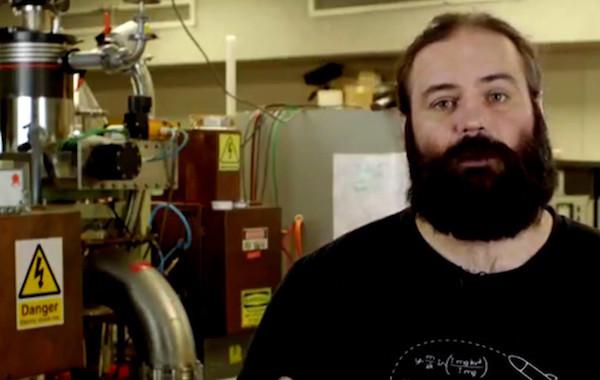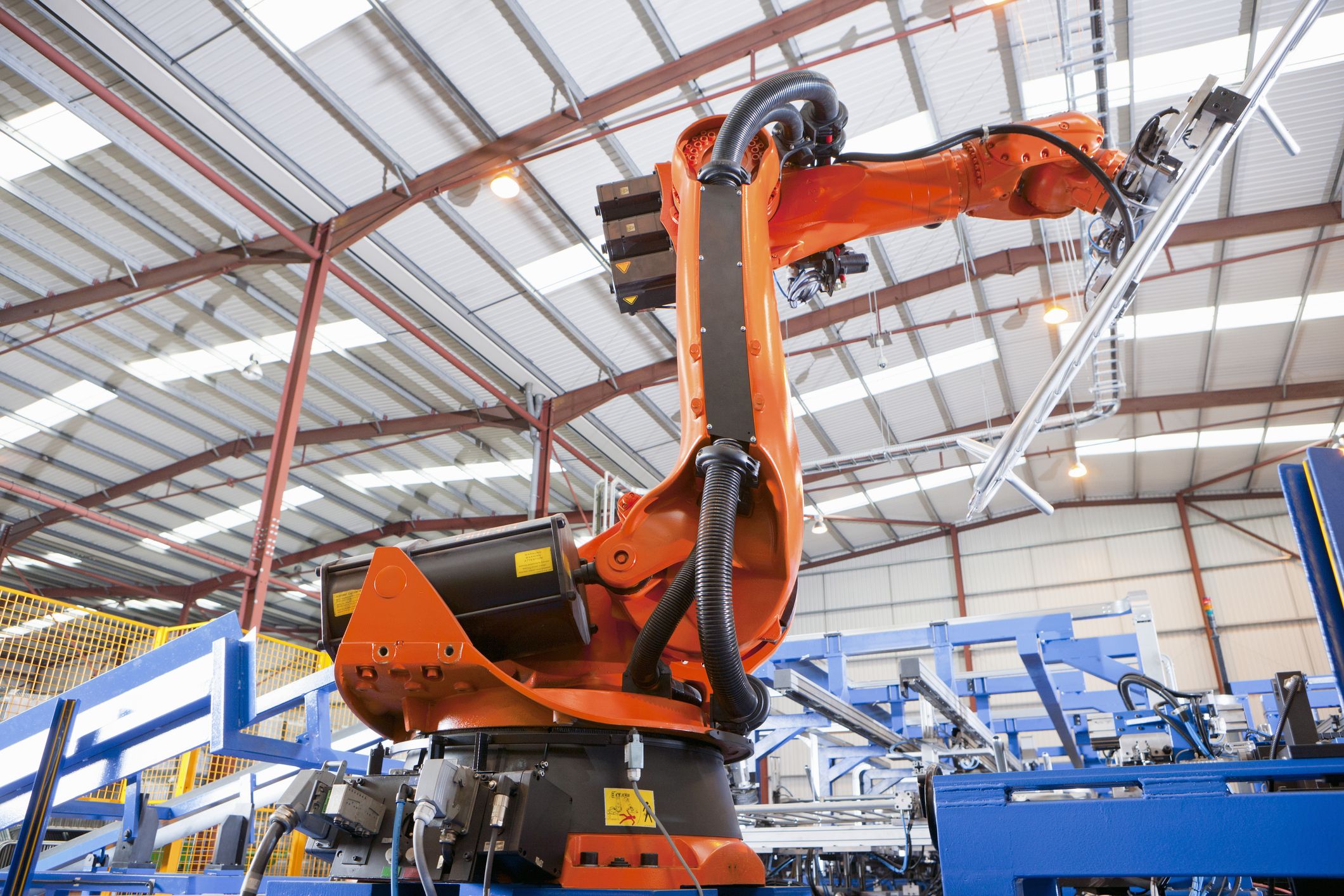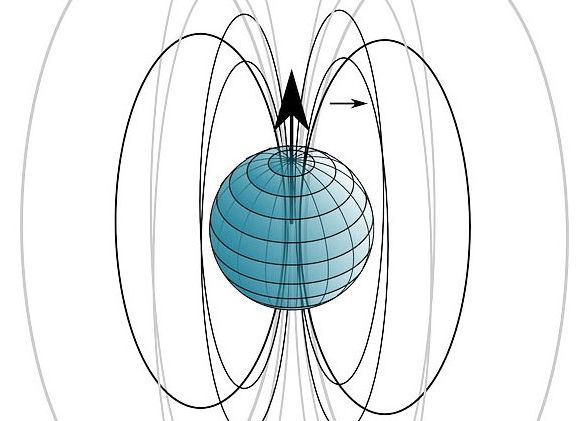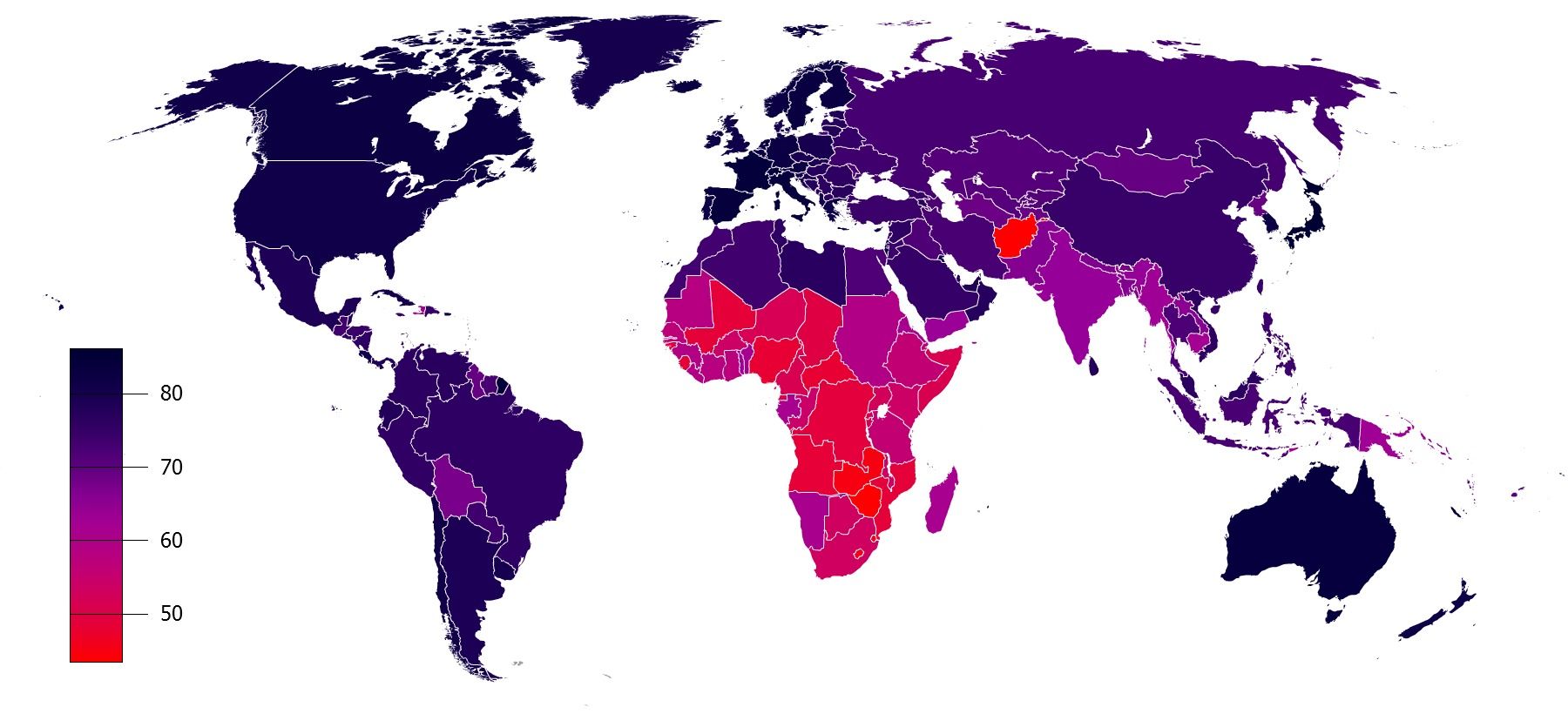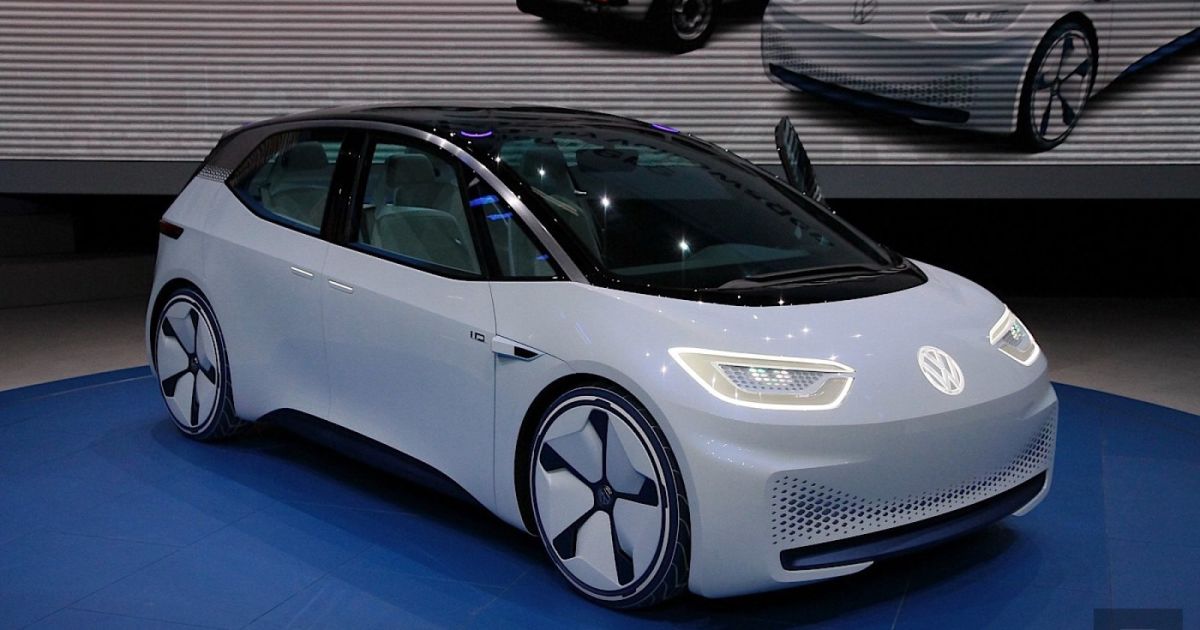Paddy Neumann kind of looks like someone who’s really into brewing beer. But back when he was a third year student at the University of Sydney, the now Dr. Neumann started on a course of experimentation that would see him beat innovations by NASA’s top scientists.
For his final research project, Neumann was working with the university’s plasma discharge, mapping the electric and magnetic charges around it. He noticed the particles moving through the machine were going really fast. In fact, they were clocking in at around 14 miles per second.
“I looked at my numbers from that final year project and thought, You could probably make a rocket out of this,” he says. Particularly when you consider that conventional hydrogen-oxygen rockets only get around 2.8 miles per second.
